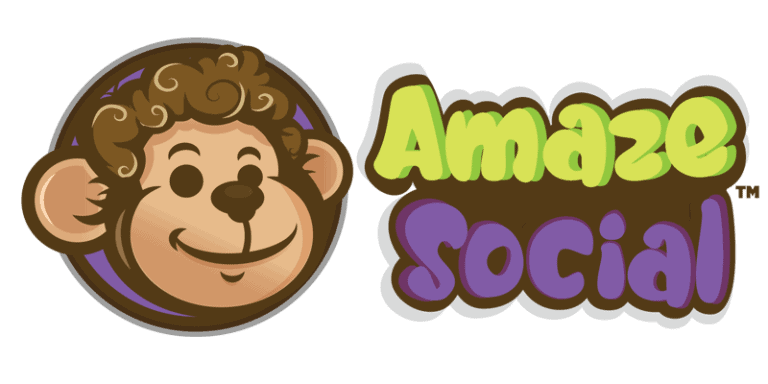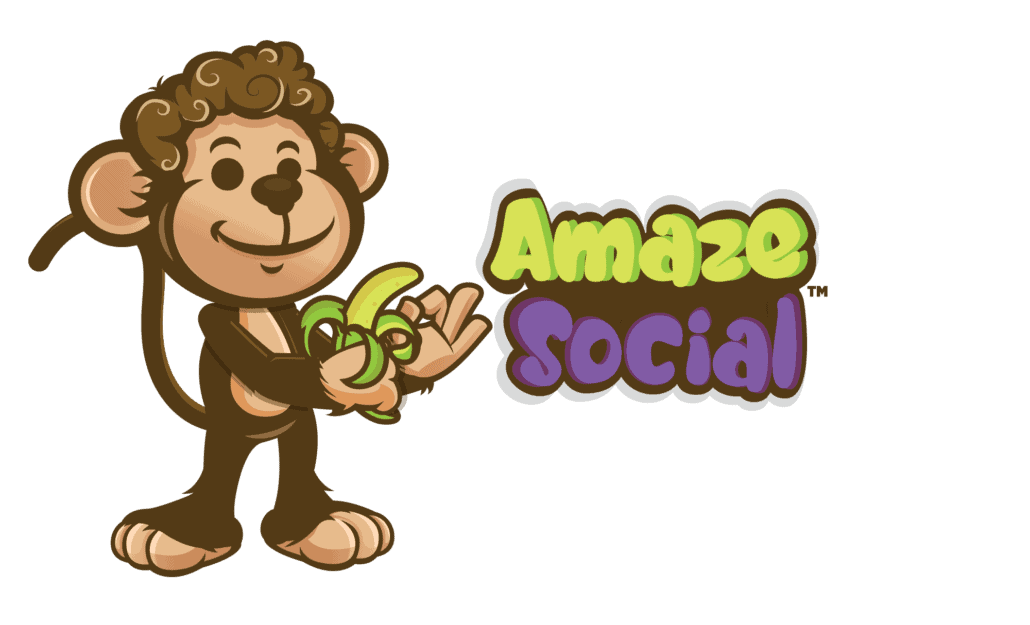A troll, in the realm of social media and the wider internet, refers to an individual who intentionally posts provocative, misleading, or inflammatory comments, content, or messages with the primary intent of causing disruption, provoking emotional responses, or derailing constructive discussion. Trolling can range from seemingly harmless pranks to severe forms of online harassment.
Details:
- Origins of the Term: The term “troll” originates from a fishing technique where a baited line is dragged behind a moving boat to catch fish. In the digital context, trolls “bait” their audience, hoping for reactions.
- Trolling vs. Genuine Dissent: It’s essential to differentiate between trolling and genuine disagreement or criticism online. While trolls often seek reactions without sincere engagement, individuals with genuine concerns or differing opinions may engage in discussions earnestly.
- Tactics: Trolls might use various strategies, including:
- Off-topic comments: Intentionally diverting a conversation’s focus.
- Ad hominem attacks: Targeting individuals rather than discussing the topic at hand.
- False information: Spreading misinformation or deceptive content.
- Incendiary remarks: Comments specifically designed to incite anger or other strong emotional reactions.
- Locations: Trolling can occur on virtually any online platform, from social media sites and news article comments to forums and direct messaging.
- Motivations: Trolls can have various motivations, including a desire for attention, the thrill of disruption, personal amusement, or pushing a specific agenda.
- Handling Trolls: Strategies to manage or mitigate trolling include:
- Ignoring: Often, trolls thrive on attention. Ignoring them can sometimes be the best response.
- Moderation tools: Many platforms offer tools to report, block, or mute trolls.
- Setting boundaries: Community guidelines or rules can help set standards for discussions.
- Educate and inform: In cases where trolls spread misinformation, providing correct information without direct confrontation can be effective.
- Impact: While trolling might seem harmless or even entertaining to some, it can have severe repercussions, leading to online harassment, the spreading of misinformation, or even real-world consequences for the individuals involved.

